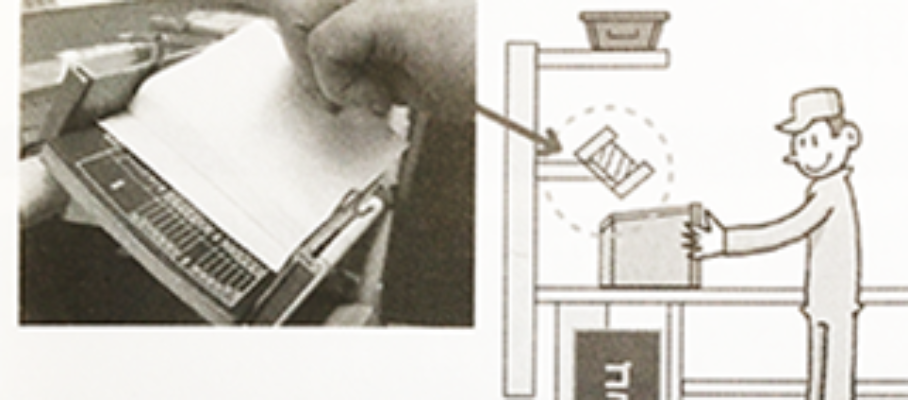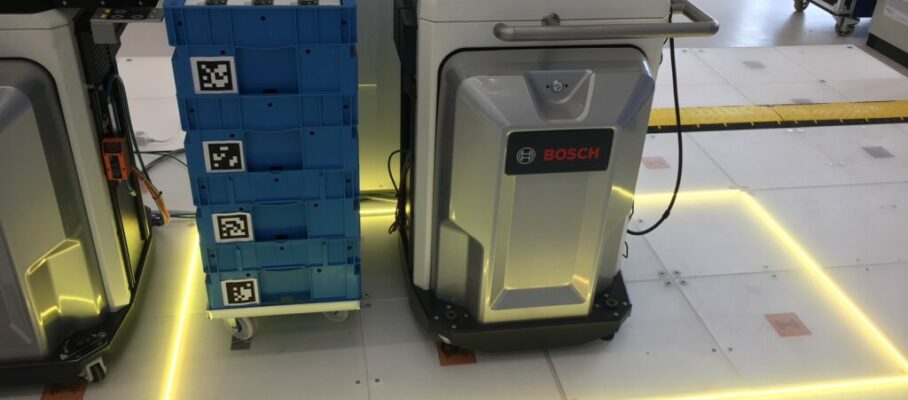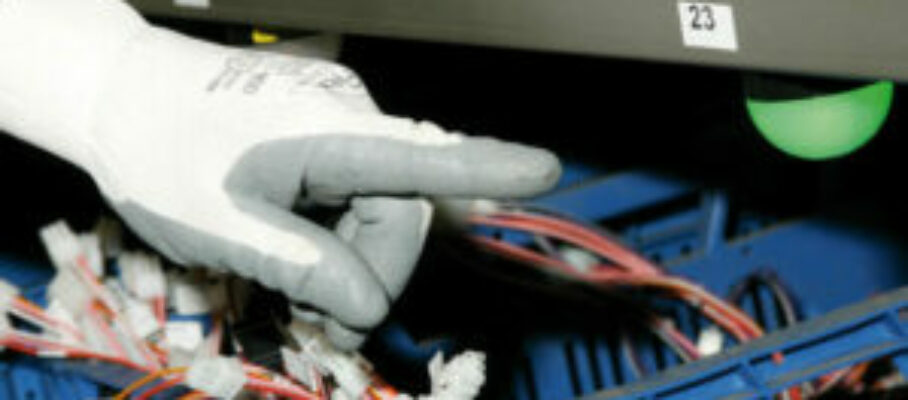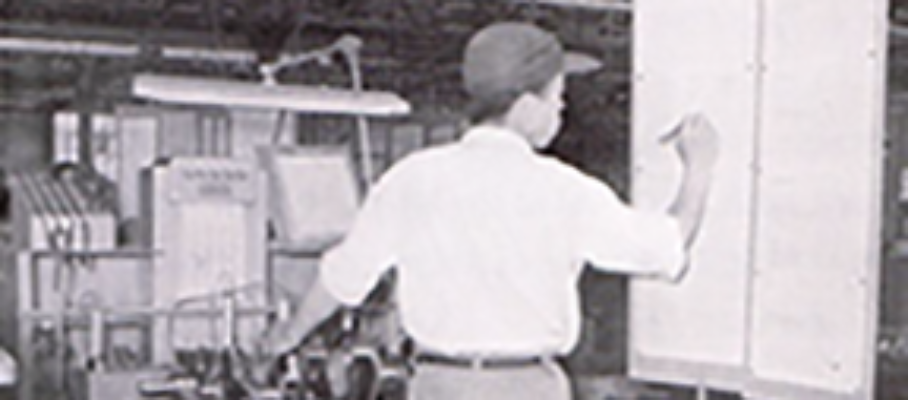Nov 4 2019
Phase Two Charts and Their Probability Limits | Don Wheeler | Quality Digest
“The ability to react to process changes is more important than protecting yourself from occasional false alarms. […] So do not worry so much about straining out the gnats of false alarms that you end up swallowing the camels of undetected process changes.”
Sourced through Quality Digest
Michel Baudin‘s comments:
 The people of the Honda plant in Anna, OH, claim to make the best engines in the world. On the floor, there is neither a single control chart nor any engineer trained in SPC.
The people of the Honda plant in Anna, OH, claim to make the best engines in the world. On the floor, there is neither a single control chart nor any engineer trained in SPC.
Of course, we should fact-check their claim. Rankings of engine quality are not readily googleable. The closest I could find is a ranking of engine reliability from 2014 in a UK blog called The Car Expert, based on data from Warranty Direct, a UK provider of extended warranties. According to them, Honda indeed made the most reliable engines:
“Only one in every 344 Honda owners have had engine trouble, with second-placed rival Toyota notching up just 1 in 171.”
According to Anna engineers, their machine tools can hold tolerance ten times tighter than necessary. The few quality problems they do have are due to operators picking the wrong parts in assembly. Control charts in the machine shop would produce nothing but false alarms. With the charts crying wolf, the alarms would lose credibility and nobody would react when a real one hit.
In this kind of situation, Wheeler’s statement can be reversed. The ability to protect yourself against false alarms that send your engineers on wild goose chases is more important than detecting changes that hardly ever happen. You do want to detect changes in the process but control charts are too crude a tool for this purpose.





Nov 17 2019
The Inner Workings of Amazon Fulfillment Centers | Christoph Roser | AllAboutLean
“Recently I had the chance to visit two Amazon Fulfillment Centers to take an in-depth look at their inner workings. While many articles about Amazon go over the basics, I will give you a deep dive into the workings of their fulfillment centers. Due to the amount of information, I divided the content across a series of posts. ”
Sourced through AllAboutLean: Part 1, Part 2, Part 3, Part 4
Michel Baudin‘s comments: Thanks to Christoph for posting this valuable information. At the end of Part 4, he announces more to come, about the software running the fulfillment centers. I look forward to it.
#logistics, #amazon, #robots, #materialshandling
Share this:
Like this:
By Michel Baudin • Blog clippings 1 • Tags: Amazon, Logistics, Materials Handling